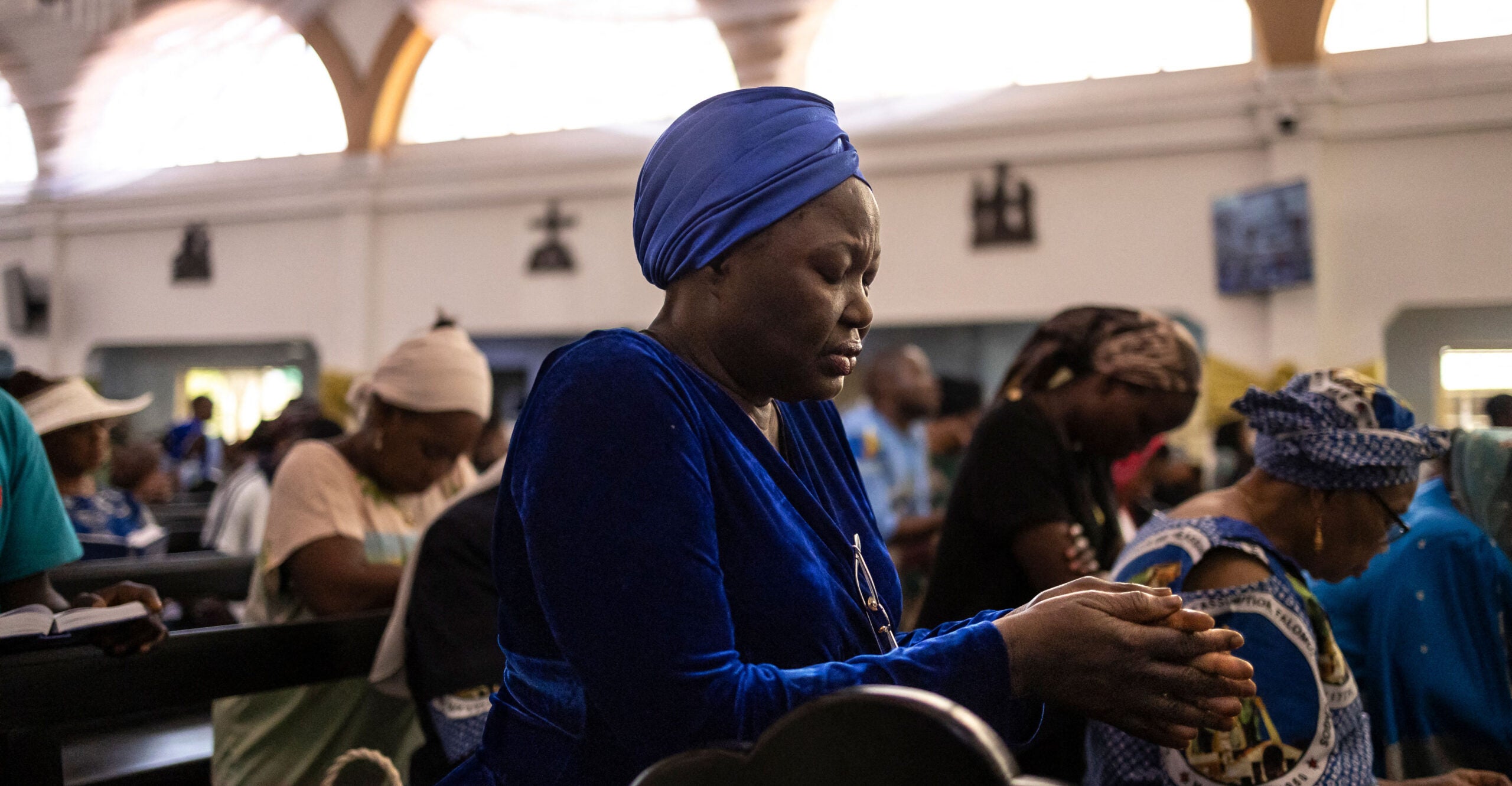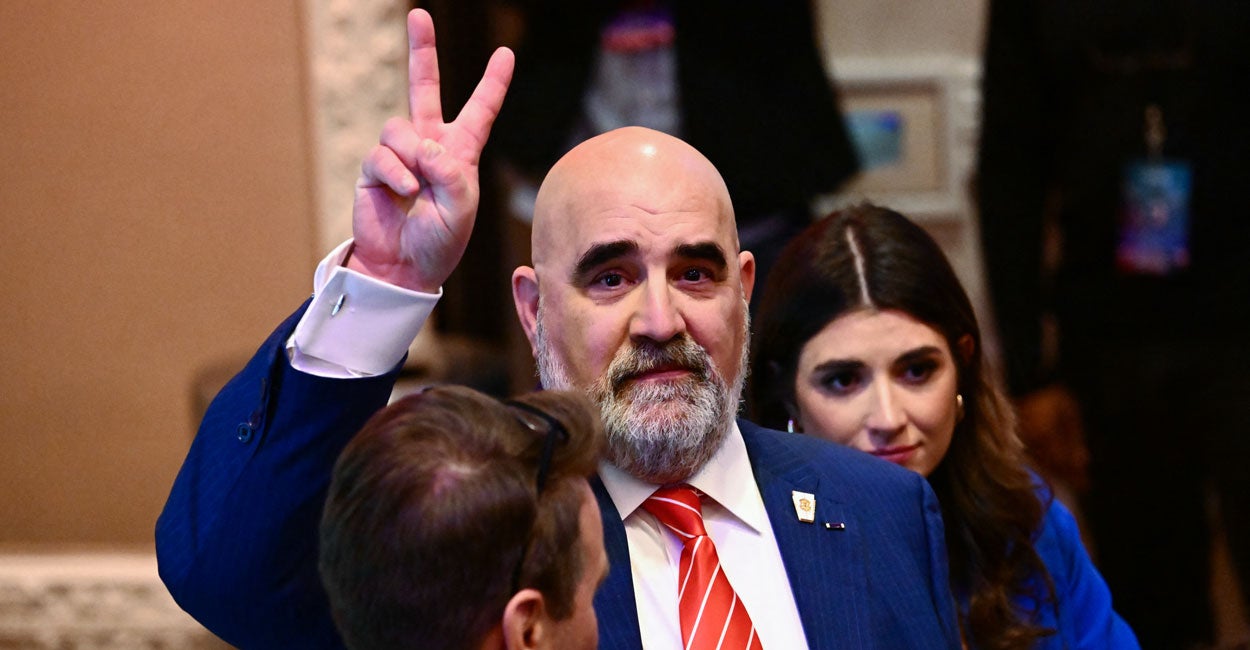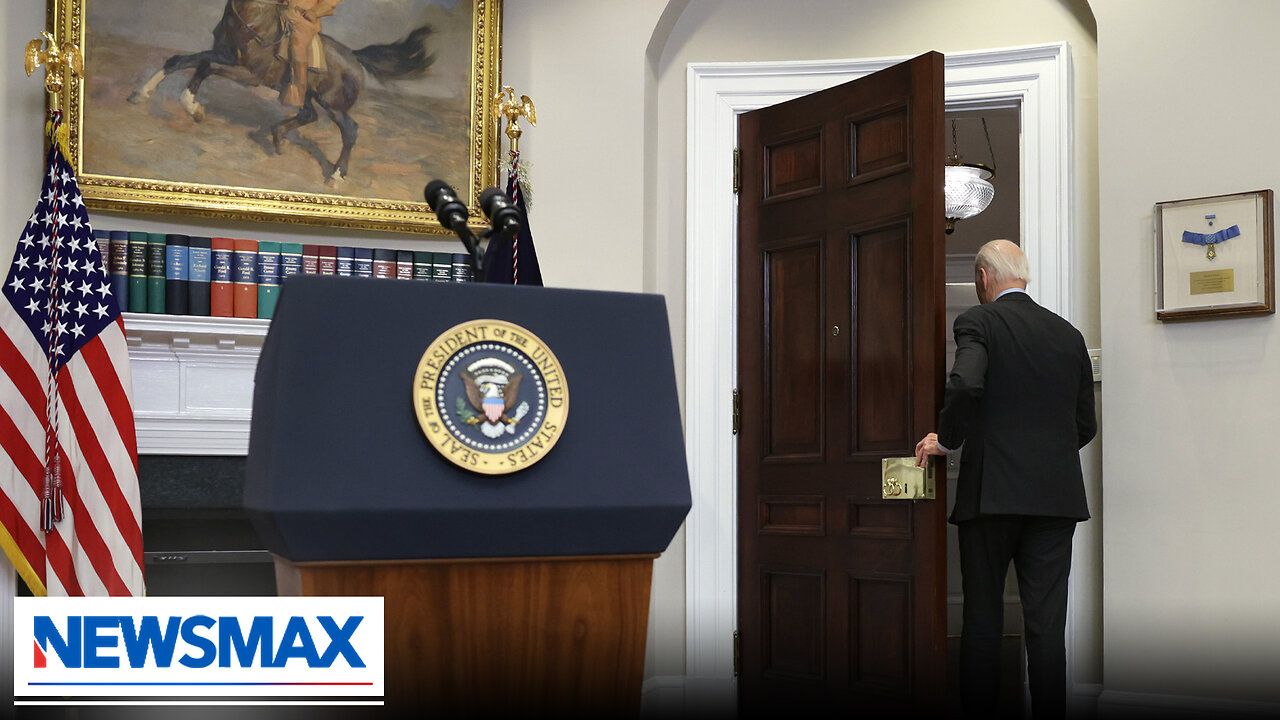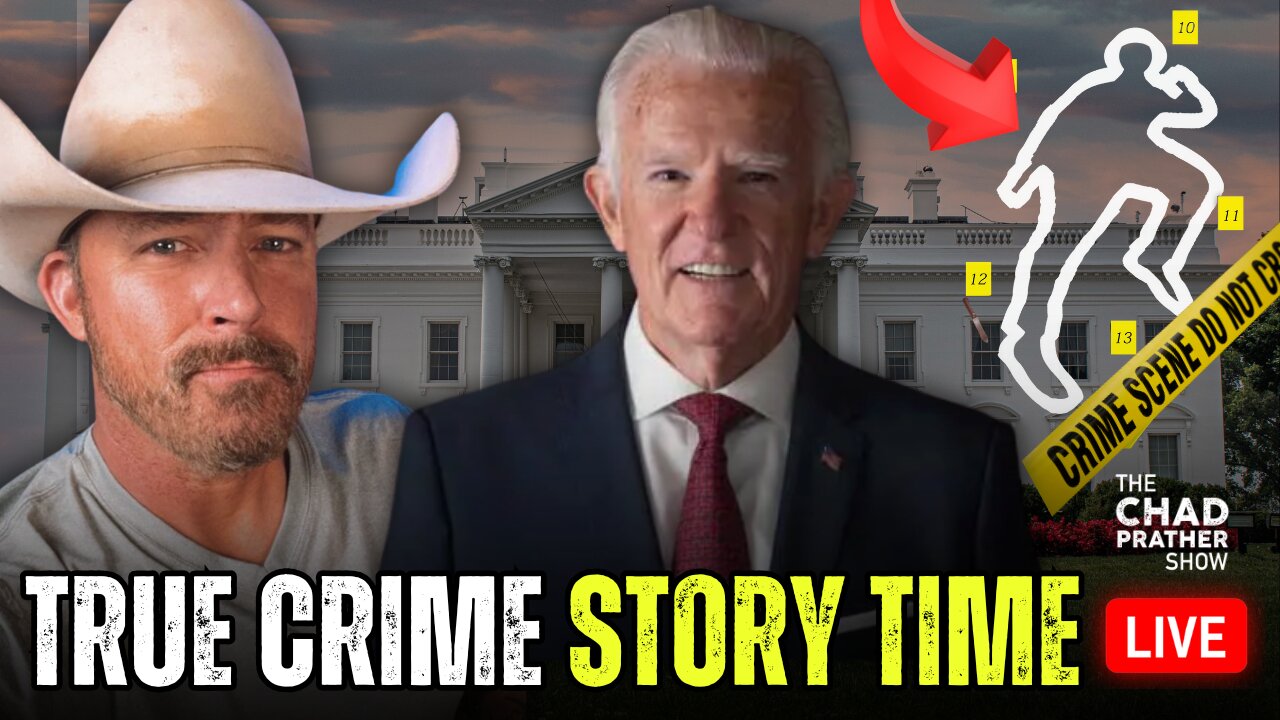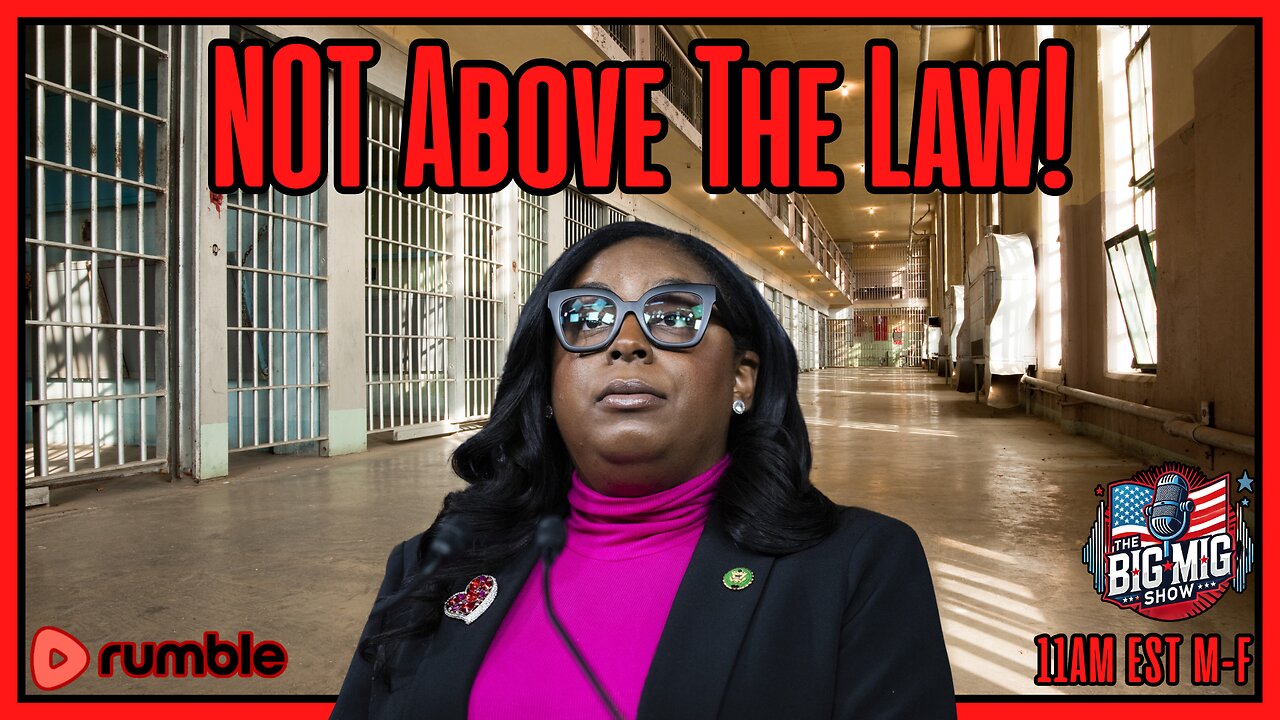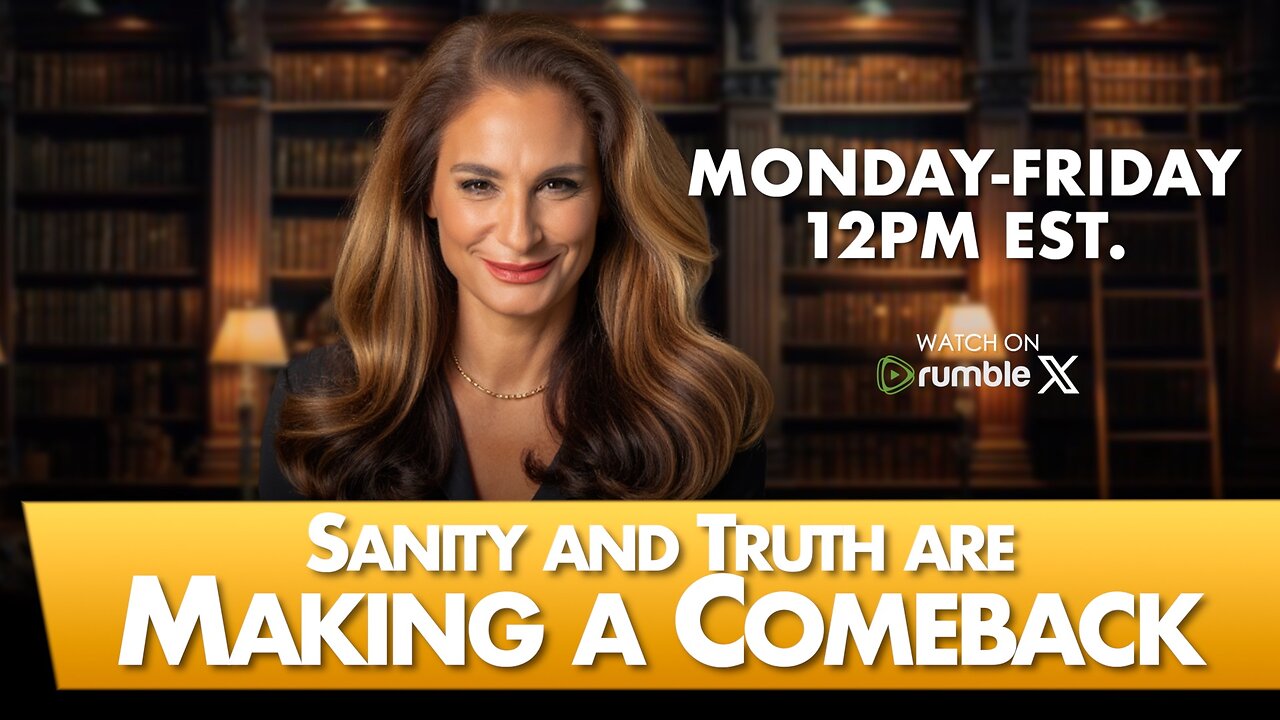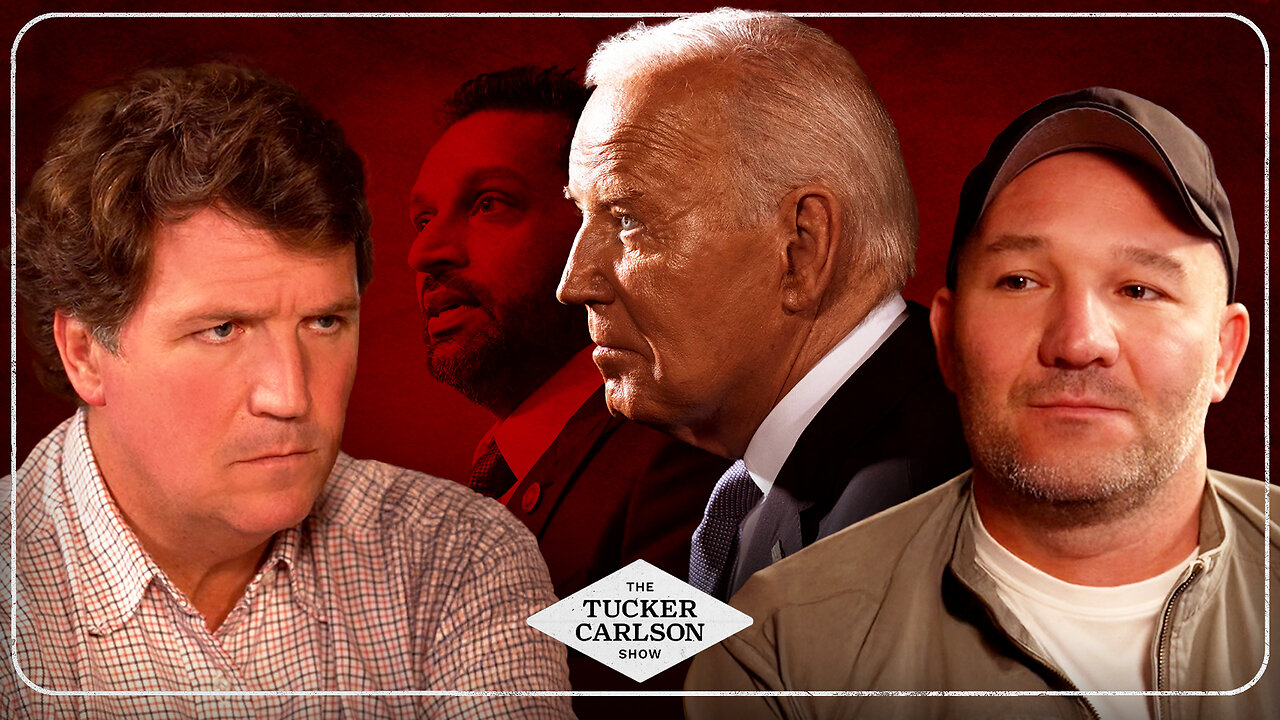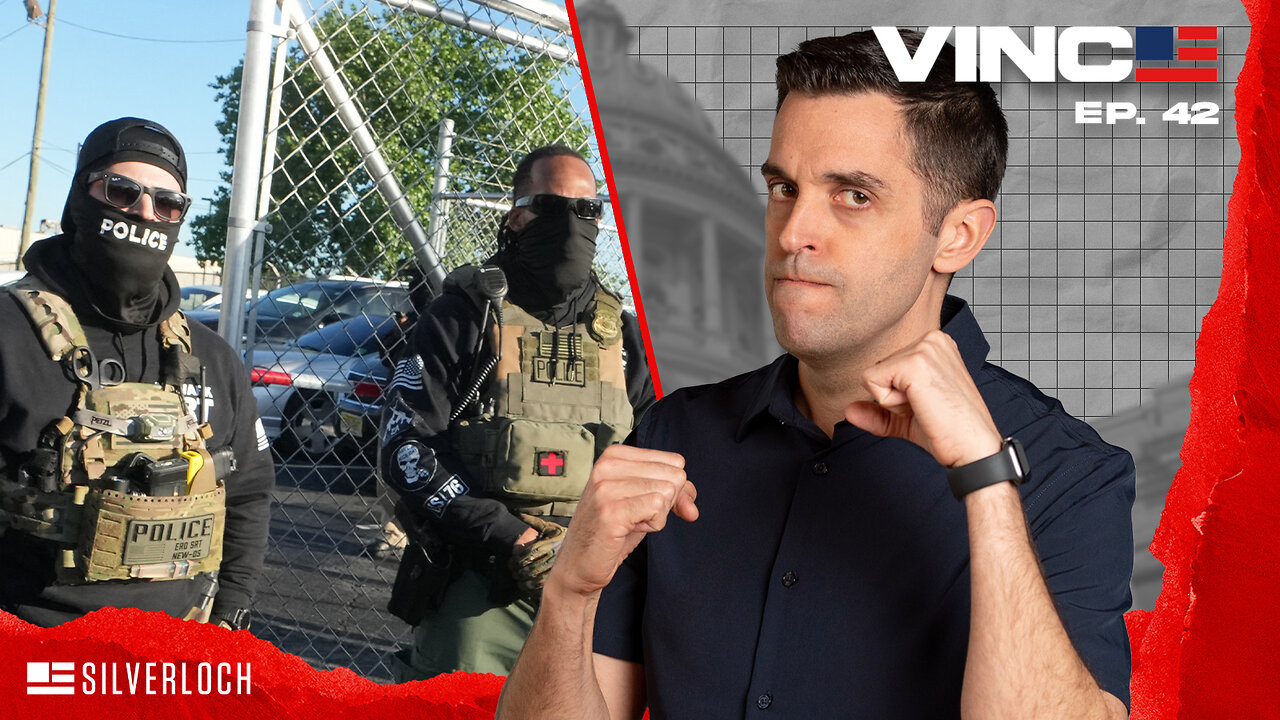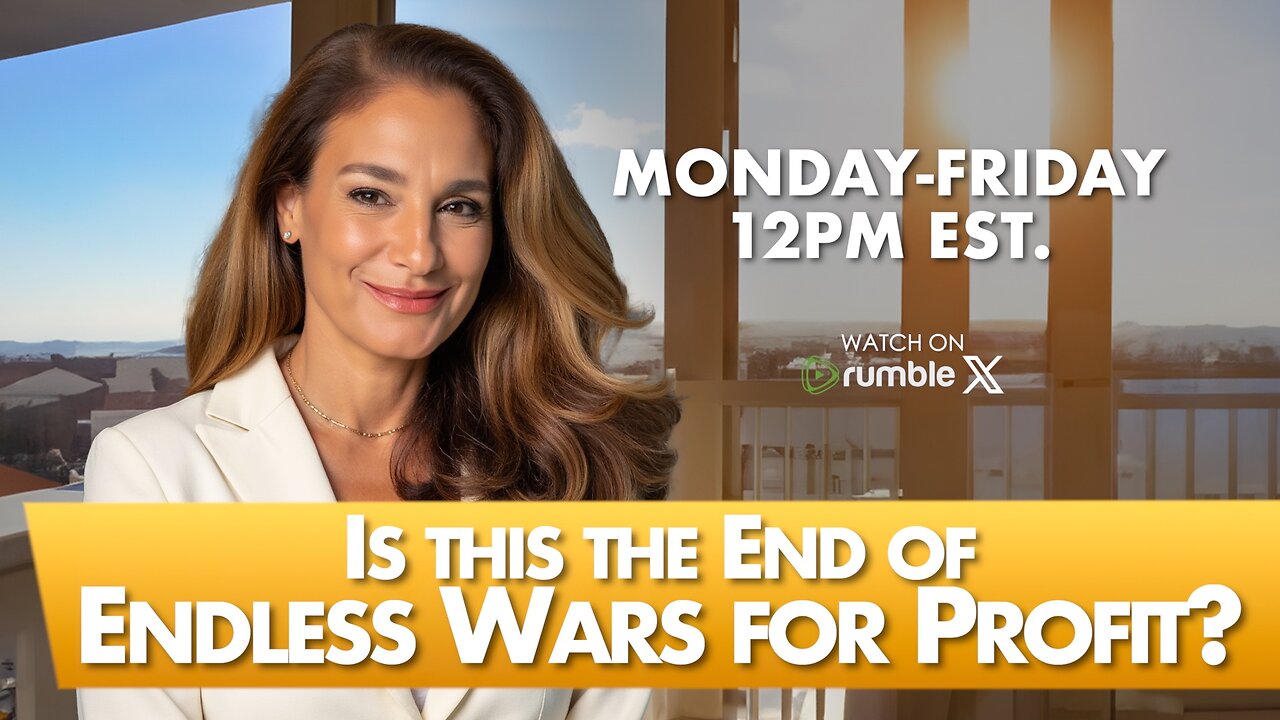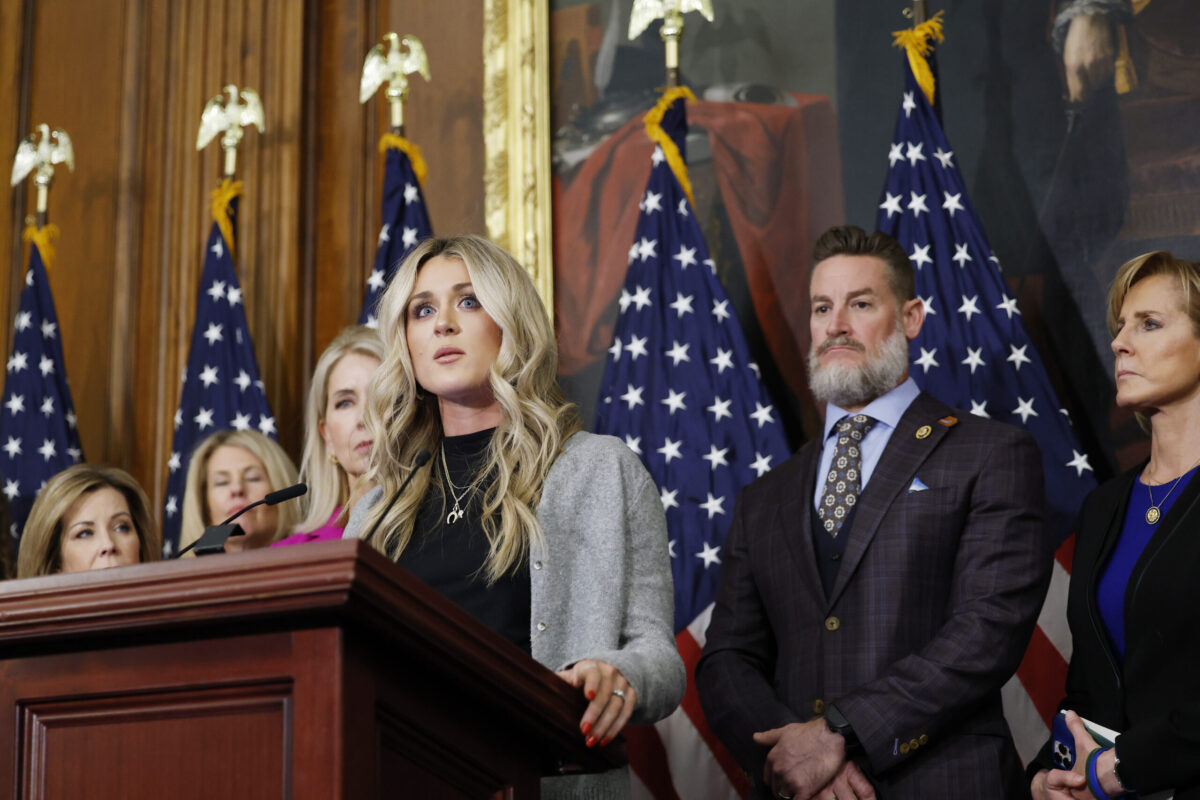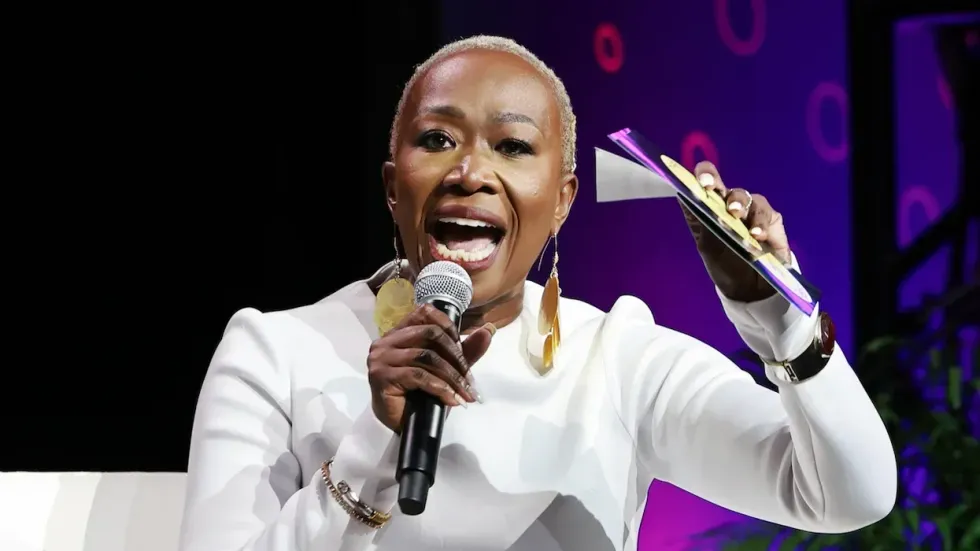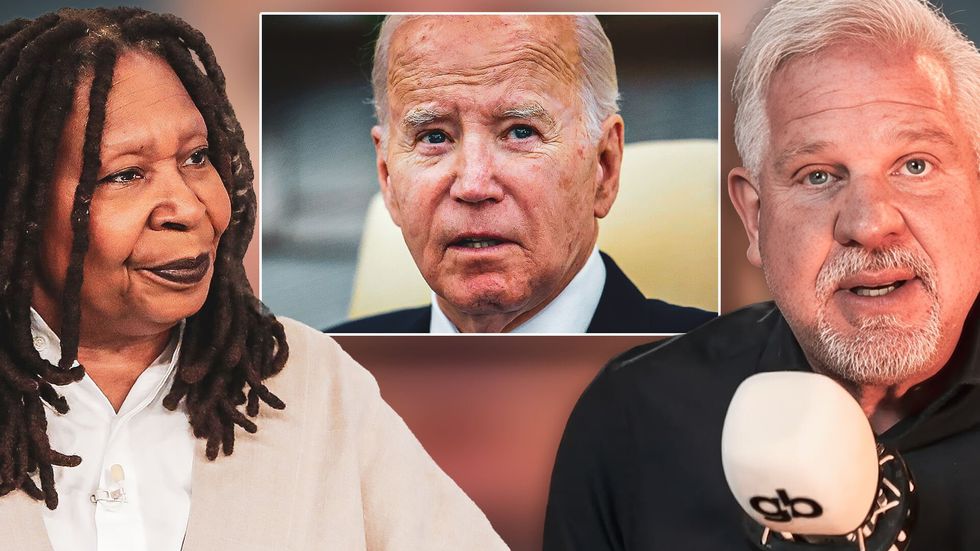What does Jordan Peterson understand that pastors are missing?
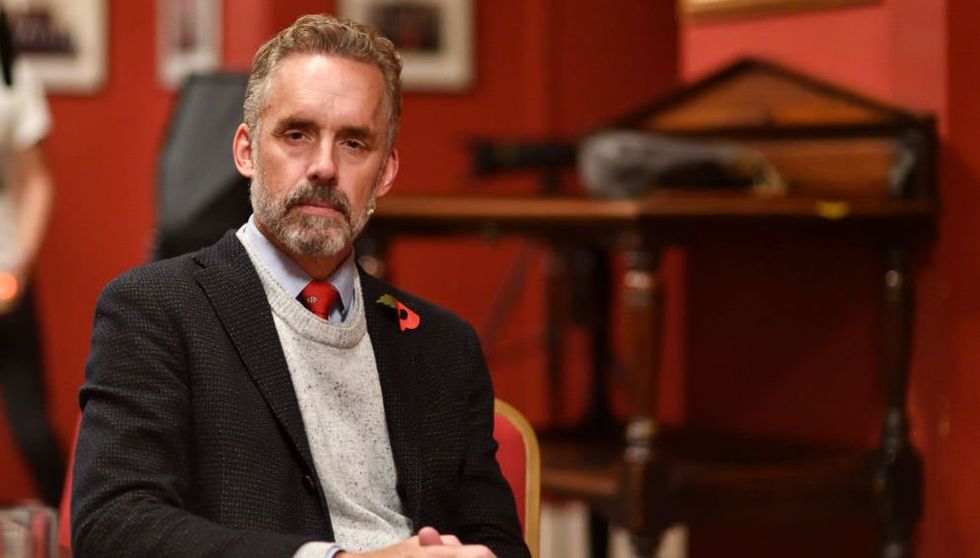

The American church should be embarrassed that Jordan Peterson ate its lunch. And it's not just Peterson; an armada of other influencers have done the same.
Peterson’s success should be especially galling because his work is frequently about the Bible.
One of Peterson's original claims to fame was a series of lectures he gave on Genesis in which hundreds of thousands of mostly young men watched even though they could be two hours per episode. He just released his own Bible commentary book, "We Who Wrestle with God." Earlier this year, he did a national tour on that theme, selling out theaters around the country. Here in Indianapolis, he sold out a 2,500-seat auditorium with a minimum ticket price of over $100. The audience, in effect, paid to hear him give a sermon on Genesis.
People are willing to pay Jordan Peterson to preach to them.
Strangely, the church doesn’t seem to be all that interested in understanding the Jordan Peterson phenomenon, much less the rest of the men’s influencer archipelago ranging from the healthy (like former Navy SEAL Jocko Willink) to the dubious (like the infamous Andrew Tate). It has continued with legacy strategies that appeal to some but are clearly not as effective as what online influencers are doing.
Some of the appeal of online influencers is understandable. There’s a sort of edgy, transgressive, “bro” vibe. Some of what is being sold here, such as pickup artistry, are things the church should flat-out reject regardless of how big the market for it might be.
But there’s a lot more to it than that.
They come across as being on men’s side. They don’t see men as the problem to be fixed.
Online influencers are willing to provide politically incorrect information too many traditional authorities won’t touch. They’ll note that women initiate the vast majority of divorces — about 70% of them — something you’ll rarely, if ever, hear a pastor mention. They’ll talk about hypergamy, or the fact that women prefer to date and marry up, or at least not down. They also have a curiosity about the world, which is one of the keys to the success of Joe Rogan’s podcast.
They also give a tremendous amount of practical advice that you can use in your life. This obviously includes tips on making women like you but also diet and exercise advice, business advice, and more.
Again, not all of it is accurate, but a lot of it is very useful. I’ve learned a lot from some of these people myself.
Above all, they come across as being on men’s side. They don’t see men as the problem to be fixed. They do more than deliver hectoring “Man up!” lectures.
Instead, while they often challenge men to step up, they are cheerleaders as well. And they treat men’s own hopes, dreams, aspirations, and plans as important — not as things that must be entirely sacrificed or given up in order to serve someone else’s agenda.
While many of these folks are playful, others treat life with more seriousness than many traditional authorities seem to.
Jocko Willink’s idea of “extreme ownership” is a good example. Or the way Jordan Peterson treats scripture as having something vital to say about the human condition. The evangelical magazine Christianity Today, in reviewing his book, said, “Christian readers should learn from Peterson’s boldness, his disposition of awe and docility before the sacred page.”
For those of us who are convinced that Christianity is true, it’s incumbent on us to understand why so many people are turning elsewhere looking for answers in life. And we must find a way to articulate the truth in a way they find more compelling than what’s on offer from online influencers.
Originally Published at Daily Wire, Daily Signal, or The Blaze
What's Your Reaction?
 Like
0
Like
0
 Dislike
0
Dislike
0
 Love
0
Love
0
 Funny
0
Funny
0
 Angry
0
Angry
0
 Sad
0
Sad
0
 Wow
0
Wow
0

